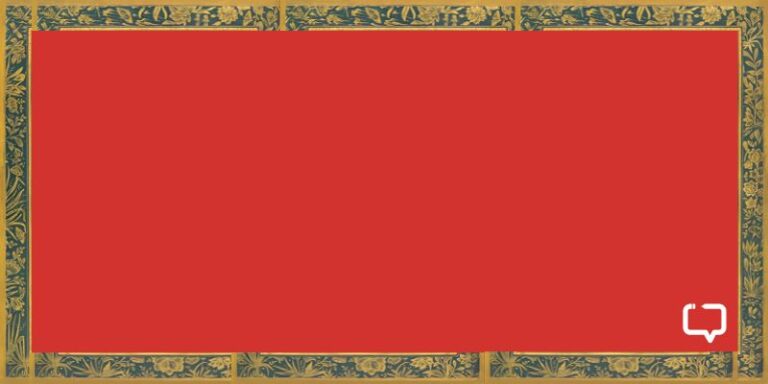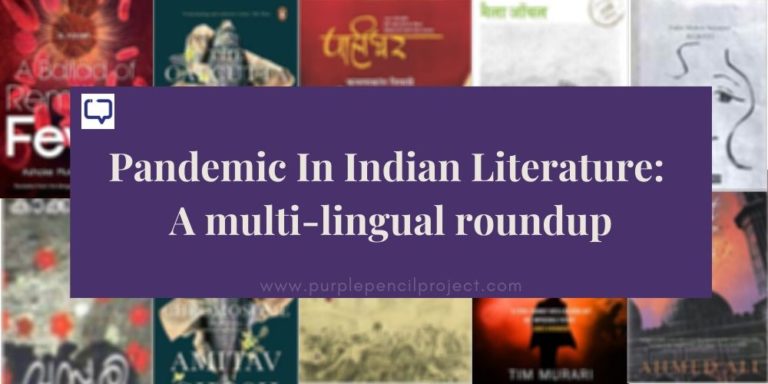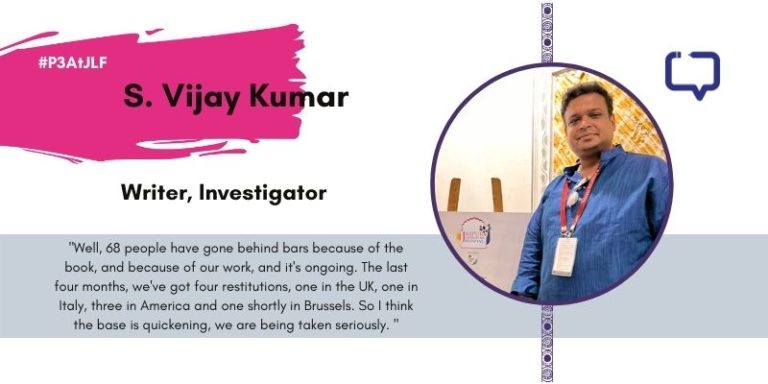Rahul Vishnoi reviews The Cooking of Books by Ramachandra Guha (published by Juggernaut, 2024).
A person with a literary mindset will always be partial towards knowing the writer behind the books they have been reading. And this is what The Cooking of Books, the latest Ramachandra Guha book, gives its readers: a behind-the-scenes account of the publishing world of the 1980s up to the 2000s, Guha’s friendship with his editor that took a long time to grow and a nostalgic account of his friends, colleagues, and his political leanings.
The Evolution of a Friendship: Guha and Advani
Guha’s writing is refreshing. He’s known to be an influential academic with multiple bestselling books to his credit (Gandhi before India, India after Gandhi) but, according to him, he was an “anti-intellectual sportsman”. An alumnus of St Stephens, Guha was mostly interested in playing cricket in his college days. Rukun Advani, who later became Guha’s friend and editor, was a contemporary with fine taste in music and a small coterie of friends. He writes:
In those days he had contempt for me (preferring, naturally, the company of the future novelist Amitav Ghosh and other literary-minded folks), but later, after I rebooted myself and did a PhD as well, we became acquaintances and then friends.
– Ramachandra Guha, The Cooking of Books
Guha jokingly (or maybe seriously) writes, that in an author’s life, the person next in importance to one’s romantic partner is their editor. He goes on to elaborate that he saw Advani many years before he met his wife Sujata Keshavan and these two relationships have run parallelly for many decades.
Insights into Indian Publishing: Then and Now
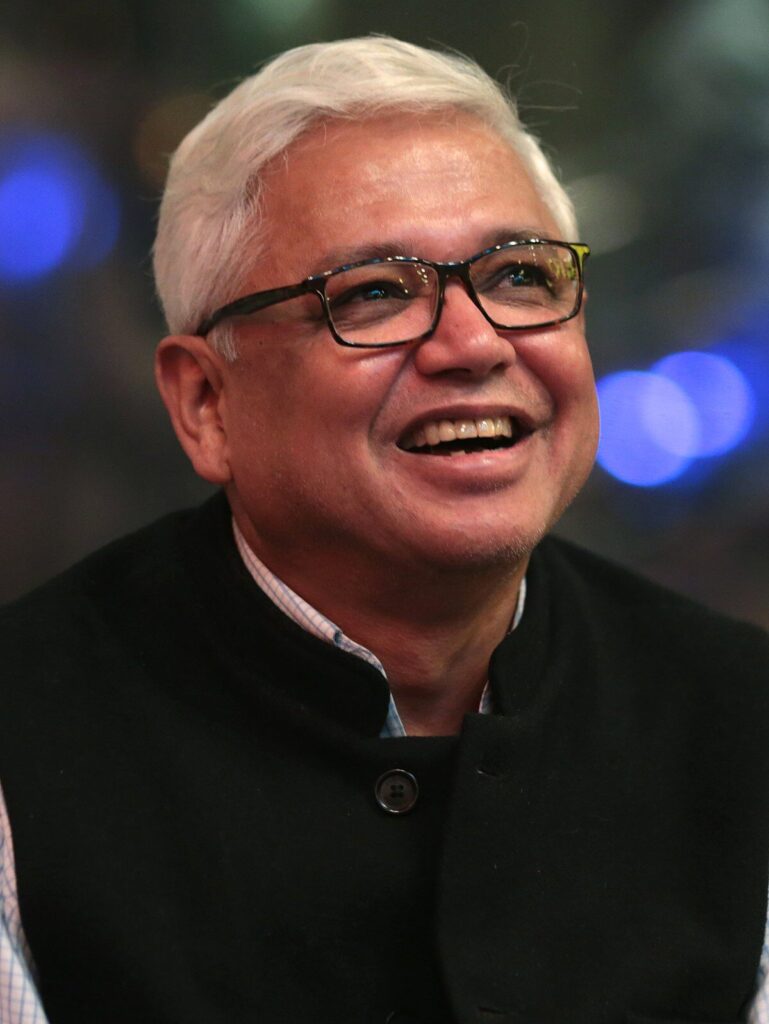
Guha mentions how, in the early days of Indian publishing, sales and marketing were not given much importance. The process of bringing a book up to the shelves was considered enough. It was accepted that a few kinds of books (academic writing) wouldn’t make much sales.

Amitav Ghosh recurs in the book as a side character, adding a subtle note of humour to the book. Guha has written in detail about St Stephen in the ’70s when it was considered to be a prestigious institute, producing students who went on to join several respectable professions. Guha also talks about Ghosh’s ragging, a delightful anecdote to read. Shashi Tharoor makes a guest appearance, Advani’s contemporary in St Stephens, mentioned for his burning drive and fierce ambition.
The Relationship Between Ramachandra Guha and Rukun Advani
A reticent, highly efficient person, Rukun Advani is present in the book in the form of the letters he wrote to Ramachandra Guha while editing the book he would publish and also giving him suggestions for books he wrote for other publications. This is not really a memoir of Guha or an account of his life but a partial biography of Guha’s enigmatic, hill-dwelling, solitude-seeking editor who now lives in Ranikhet, runs a publishing press known as Permanent Black and is married to the Booker-nominated author Anuradha Roy.
Recommended Reading: Journeying with India- Memoirs of a Civil Servant by Y. N. Varma
A writer writes this about Advani:
[Rukun] has no interest in impressing others. This sounds impressive but it isn’t because this freedom from human neediness isn’t down to modesty or reticence or some karmic insight into the general maya-ness of things. It’s simpler than that, so simple that he can’t take any credit for it: Rukun doesn’t like People. It explains everything about him. This is why he lives in the hills. This is why he loved [his dog] Biscoot without reservation: he wasn’t human. He loves Beethoven because he’s dead and his genius can be electronically reproduced without the agency of other people. It’s why he deals in books: books are forms of disembodied intelligence, they hold out the promise of profundity or pleasure without people attached.
So enamoured was Guha with his editor that if he said, try your hand at sports writing, he did. If he said, stop writing about sports and return to more serious stuff, he did. Guha also set about trying to write a novel, since Advani had said – in print – that he must. Guha cooked up a couple of plots and began drafting sections. One novel was to be called “Ratendon Road.” However, after meeting a novelist friend, it dawned upon him that the drama required to write a novel was too much for him.

However, there’s a paragraph towards the end of the book where Guha, alarmed by a long period of absence of communication from his friend, goes on to meet him in Ranikhet. The way he describes the beauty of his travels tells me he certainly has at least one novel in him.
The next morning I woke up to a glorious spring day, sunny and absolutely cloudless. The rhododendrons were in bloom, and the once extensive oak forests of Kumaun were, I found, still moderately intact. We drove along a winding river for the most part, which added to the pleasure and contentment. I reached Ranikhet in a joyous state of mind. This continued, and indeed deepened, when I saw the little cottage Rukun and Anuradha lived in.
Ramachandra Guha, The Cooking of Books
Guha’s Political Commentary and Personal Convictions
Since Guha has been vociferous in criticising not only current but past governments, his political voice is active and kicking in here, too, something not many authors would do in present times.
Mr. Modi’s desire to dominate is manifest in his manner of speaking. Social scientists don’t tend to analyse auditory affect, but you have only to listen to the Gujarat Chief Minister for fifteen minutes to know that this is a man who will push aside anyone who comes in his way. The intent of his voice is to force his audience into following him on account of fearing him.
– Ramachandra Guha, The Cooking of Books
This is an excerpt taken from his earlier article, inspired largely by what Rukun Advani wrote. Guha considers himself to be a patriot and writes:
I come from a family of public servants, and as a biographer of Gandhi I had of course invested in the idea of India, of a people freed from British colonial rule who would build a democratic, inclusive nation that would encourage religious and linguistic diversity while working to mitigate the inequities of caste and gender. I did not deny that this original idea of India, as embodied in the Constitution adopted in 1950, had been perverted in recent years, but still hoped that it could be renewed and redeemed.
– Ramachandra Guha, The Cooking of Books
Guha also elaborates on various incidents where he would write to the politicians to goad them towards a nobler pursuit. He wrote to the then PM Manmohan Singh, urging him to intervene when a historian Peter Heehs, falling prey to a conspiracy, was about to be deported. He also contacted the PM’s daughter and Mr Jairam Ramesh (cabinet minister). Ultimately the historian didn’t have to leave the country.
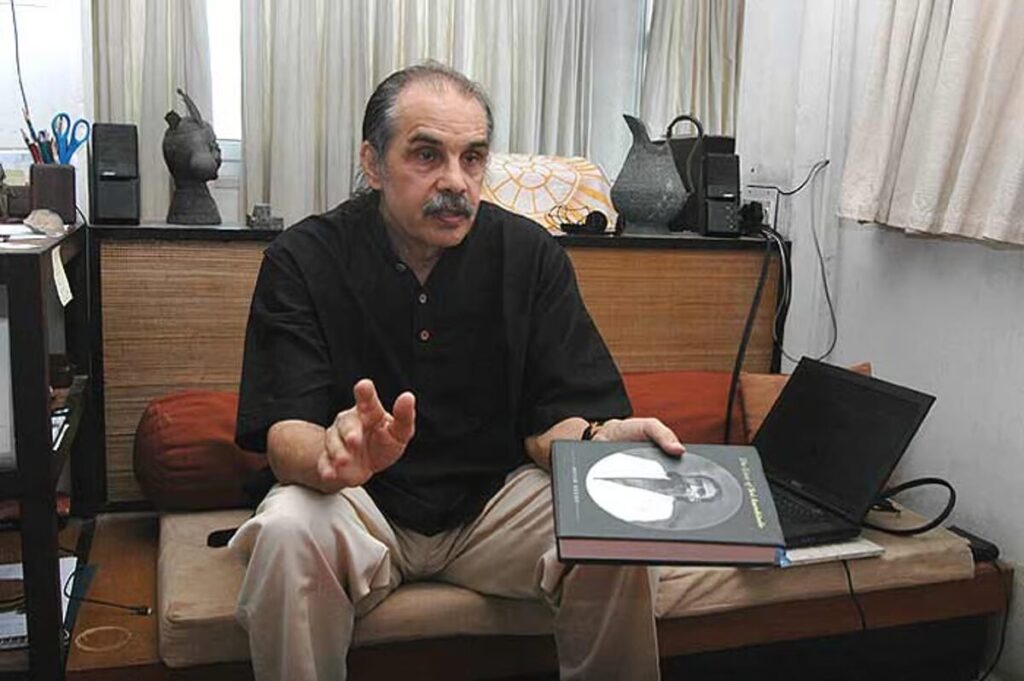
He also criticises Mrs (Sonia) Gandhi who chose a Congress party loyalist to head his beloved institute: NMML. The new director, instead of encouraging historical research, paid back her dues by involving the Congress Party in the NMML’s programmes and events. Moreover, many readers would know there is no love lost between Arundhati Roy and Guha.
I had charged the writer Arundhati Roy with being a utopian radical, and she had responded by dismissing me as a liberal apologist for capitalism.
– Ramachandra Guha, The Cooking of Books
The book leaves a good, solid nostalgic aftertaste on your reading palate while sharing many anecdotes that bring a smile to your face.











